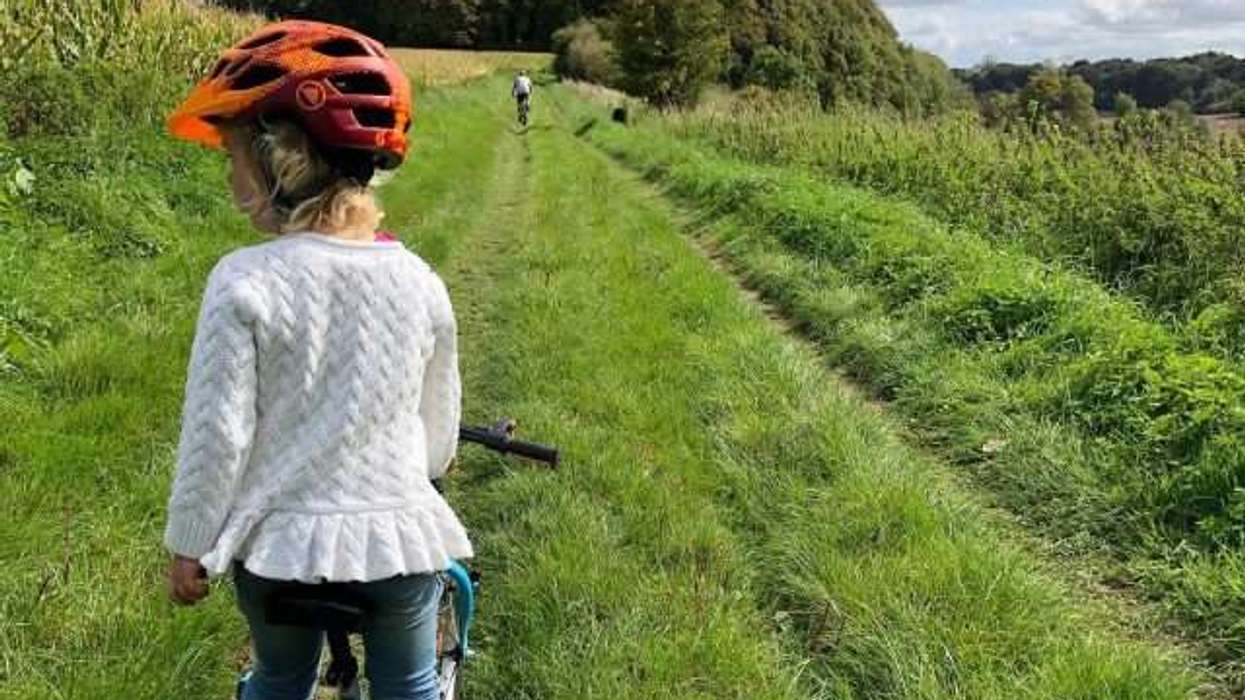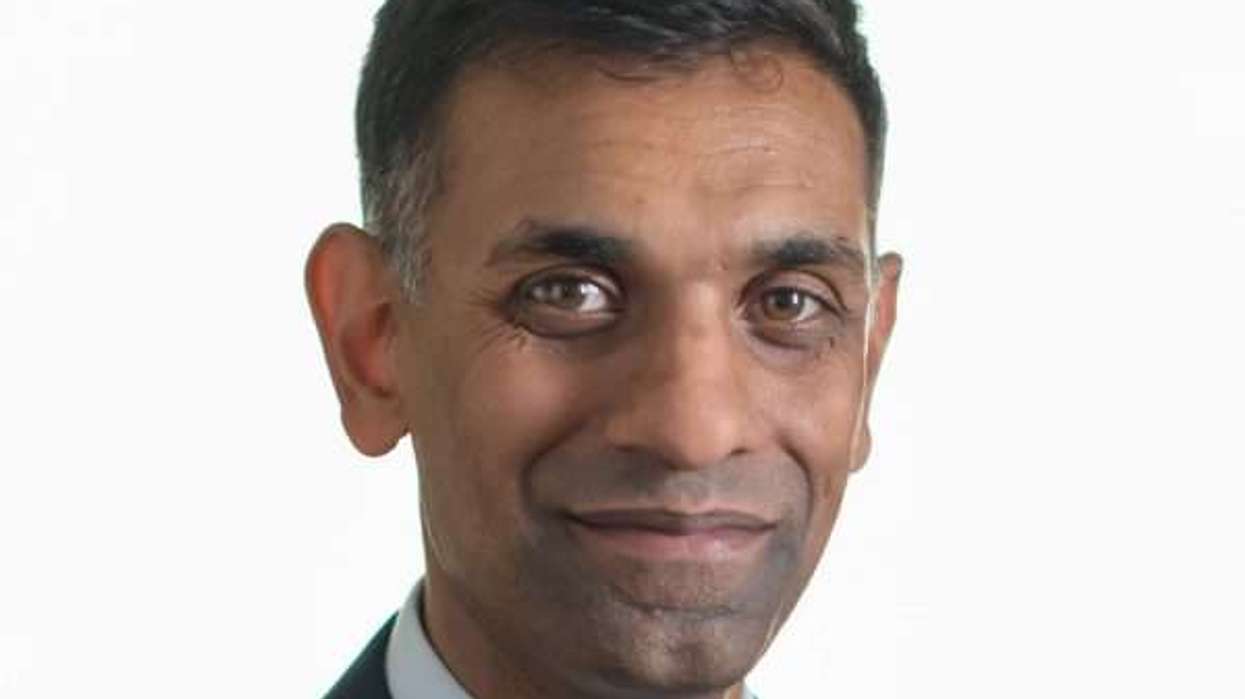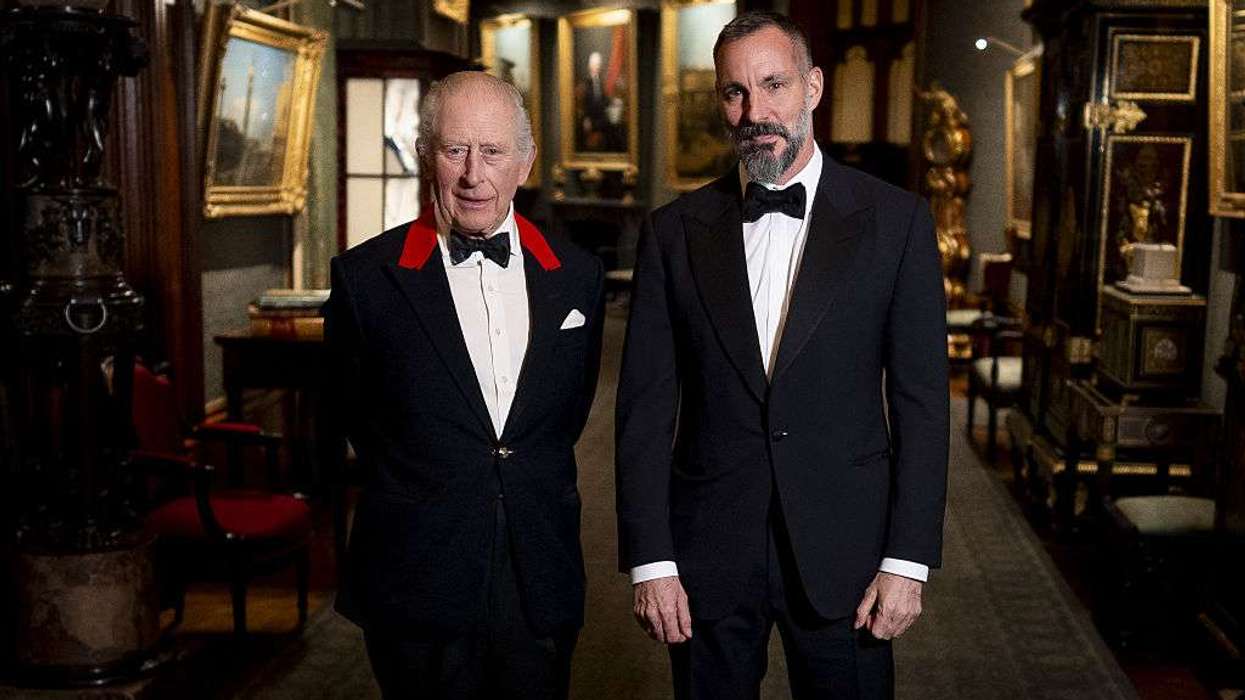FOUR in 10 female medical students in the UK have faced sexual assault or harassment, according to new research.
A British Medical Association (BMA) survey found that a “sexist and unsafe” culture had become widespread in medical schools and during clinical placements, with concerns that such behaviour could carry into the NHS as students join hospitals.
The BMA survey of almost 1,000 medical students found 41 per cent of female respondents and 19 per cent of male respondents had been targets of sexual harassment or assault at university.
Incidents included 85 cases of sexual assault, 37 cases of rape or assault by penetration, 43 cases of drink spiking and 24 cases of stalking, reported The Telegraph. It said there was a breakdown in trust between students and the institutions meant to protect them.
In total, 75 per cent of respondents who reported incidents said they were “not really” or “not at all” satisfied with the outcome. Sixty per cent did not trust their medical school to deal with future cases, and 67 per cent did not report incidents as they felt “nothing would be done”.
Students described experiencing harassment by peers, patients and doctors. Several said reporting incidents risked harm to their careers.
Dr Becky Cox said: “This deeply shocking data shows the appalling scale of sexual violence affecting medical students in the UK. The results show medical schools and the NHS are failing to safeguard students.”





